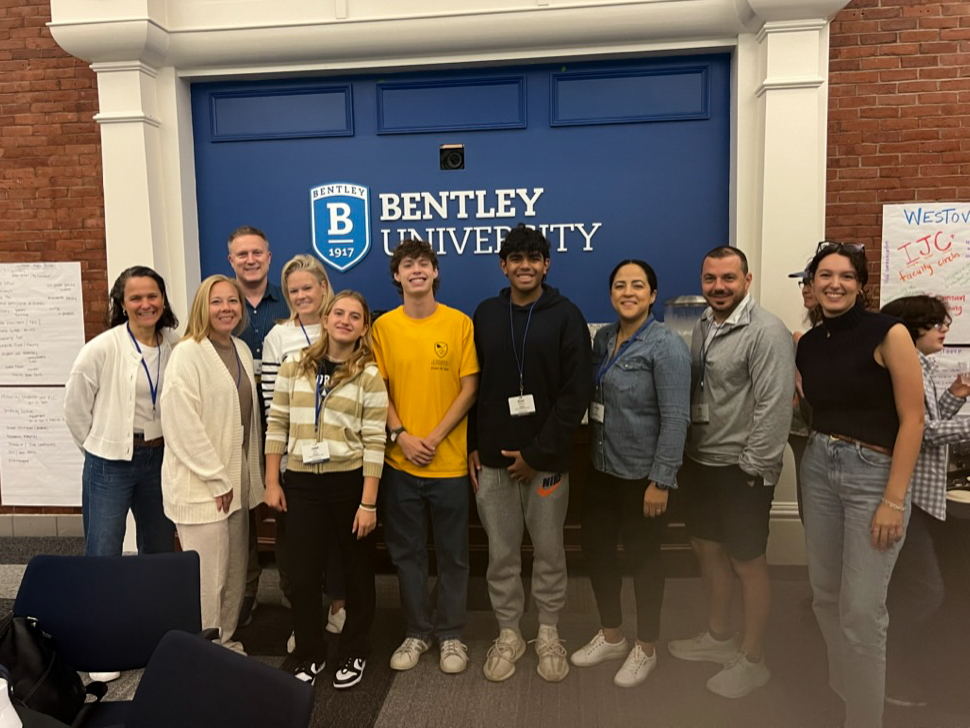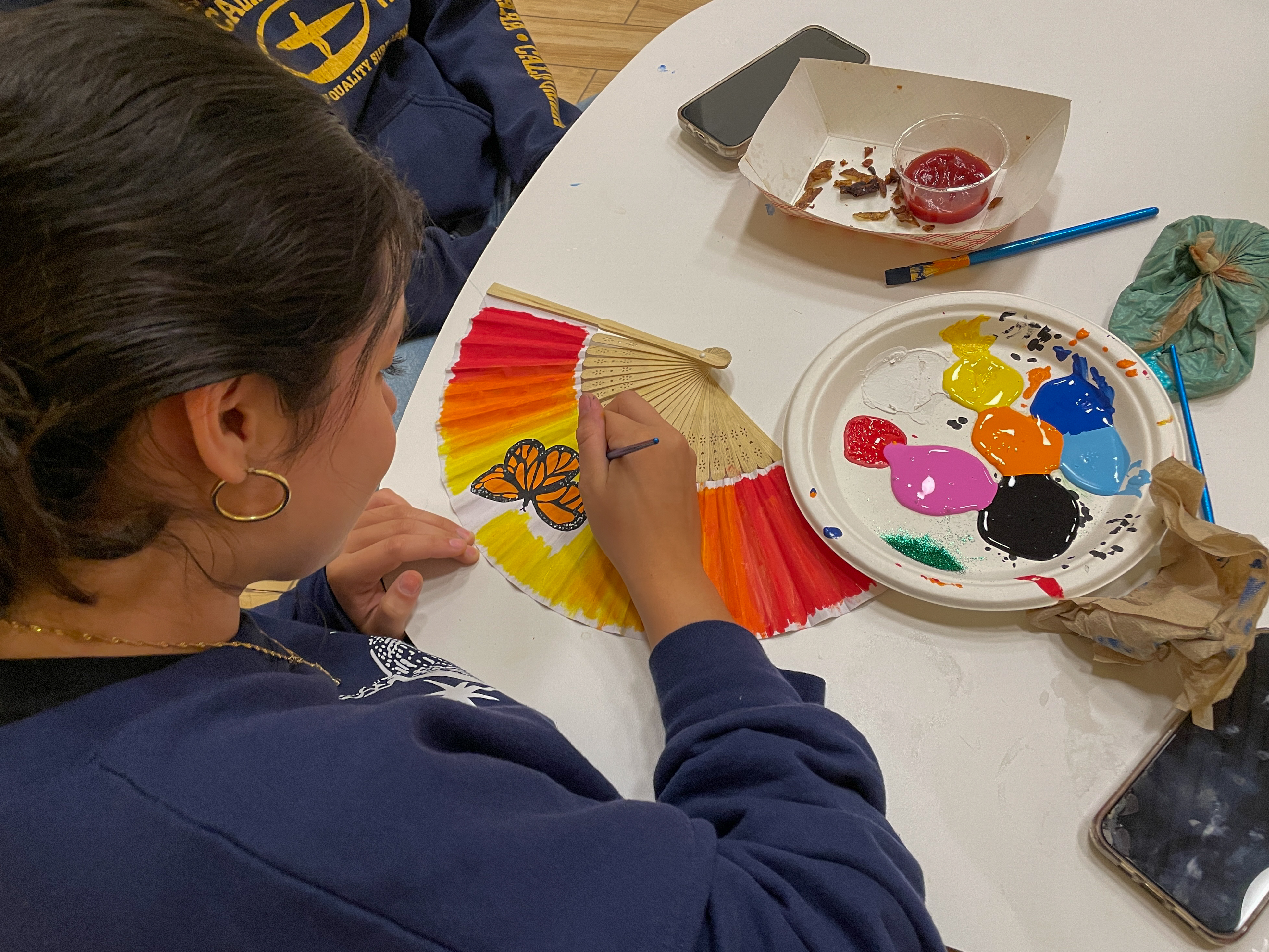Ms. Rachel Schwartz, a key engineer for NASA in their push to put humans on Mars, stopped by campus last Friday, March 23 to talk to students about her career and her experiences working with the space program. Ms. Schwartz is the Senior Project Engineer on the Orion program, a program tasked with building the Orion Multi-Purpose Crew Vehicle (MPCV). This will be “NASA’s first spacecraft designed for long-duration, human-rated deep space exploration,” according to Lockheed Martin, the contractor for the program. Ms. Schwartz was invited to campus by her former classmate and Choate teacher Mr. Kyle DiTieri, who wanted to give Choate students the opportunity to hear what being an engineer is really like. In her presentation, Ms. Schwartz encouraged students to pursue their interests and provided advice concerning career paths.
Ms. Schwartz works on life support systems in the Orion spacecraft. These include carbon dioxide removal and urine management systems. In her words, her job is to ensure that the crew will be able to go to the bathroom and breathe while on deep space exploration missions. In 2014, Ms. Schwartz and her colleagues were able to launch the MPCV on its first, unmanned test flight, the footage of which was used in The Martian. In addition, her team recently concluded work on their part of Exploration Mission 1, another unmanned test launch that is scheduled for the first quarter of 2020 and is the next step towards the program’s completion.
Speaking about her career path, Ms. Schwartz maintains that she knew what she wanted to do from a young age. She grew up looking at the stars, and this interest sparked her passion for science. Her role as a project engineer was decided when she discovered her interest in communication during college. As a project engineer, Ms. Schwartz is responsible for directing and helping a group of coworkers in designing certain systems in the MPCV.
During her presentation last week, Ms. Schwartz included invaluable advice for high schoolers who aspire to be engineers. One of her biggest pieces of advice was to read books, especially those outside of one’s comfort zone. Ms. Schwartz also suggested that students learn skills like time management and communication. As an engineer, she found herself using these skills and resources. Furthermore, Ms. Schwartz expressed enthusiasm about the progress being made in closing the gender gap in her field, remarking that she’d noticed more gender-balanced meetings and teams. Finally, Ms. Schwartz encouraged students who are interested in engineering to pursue their passions as engineers.
Although initially Mr. DiTieri did not plan on creating a continued lecture series, he said, “Based on the feedback from everyone here, it sounds like it might be a good idea.”




